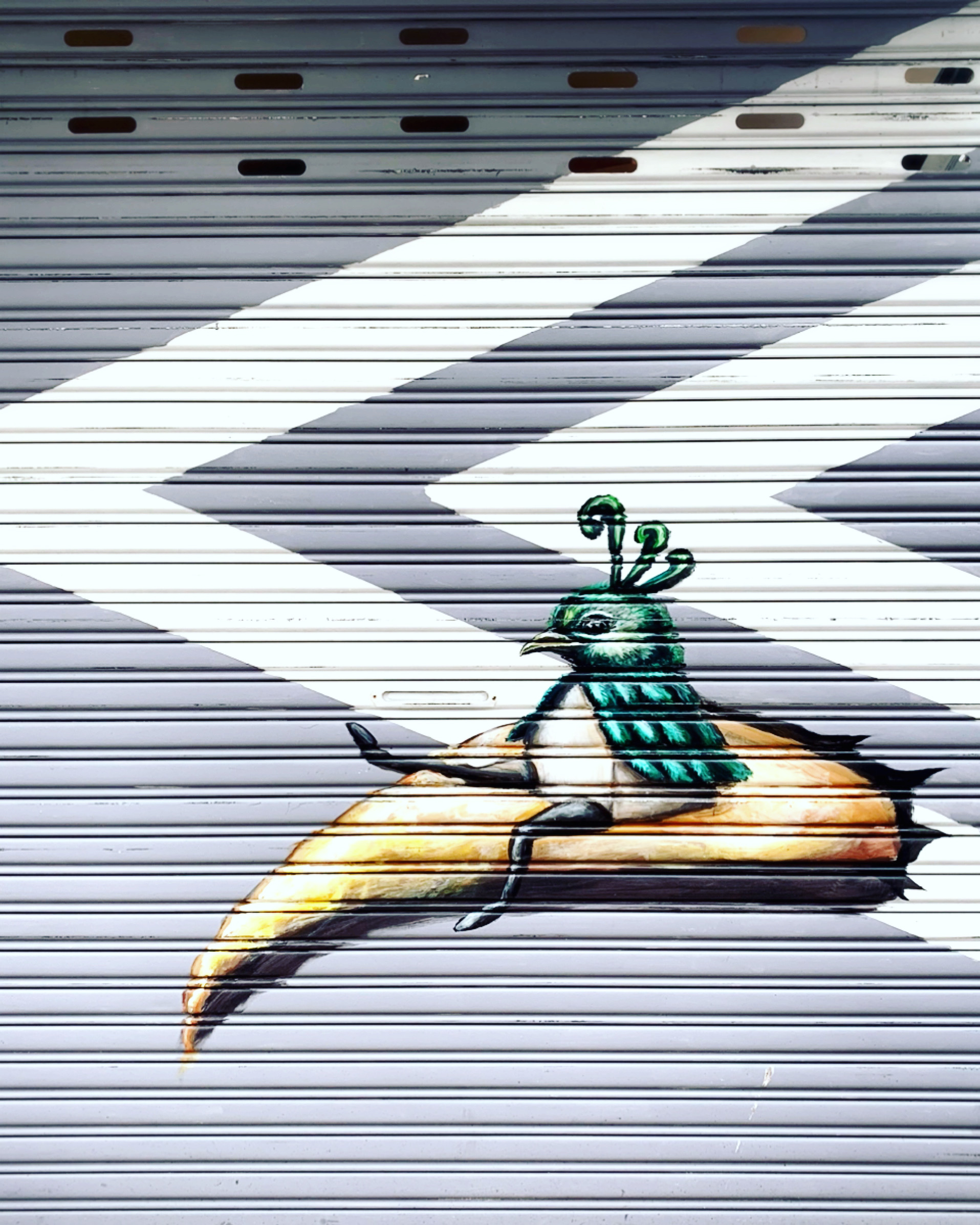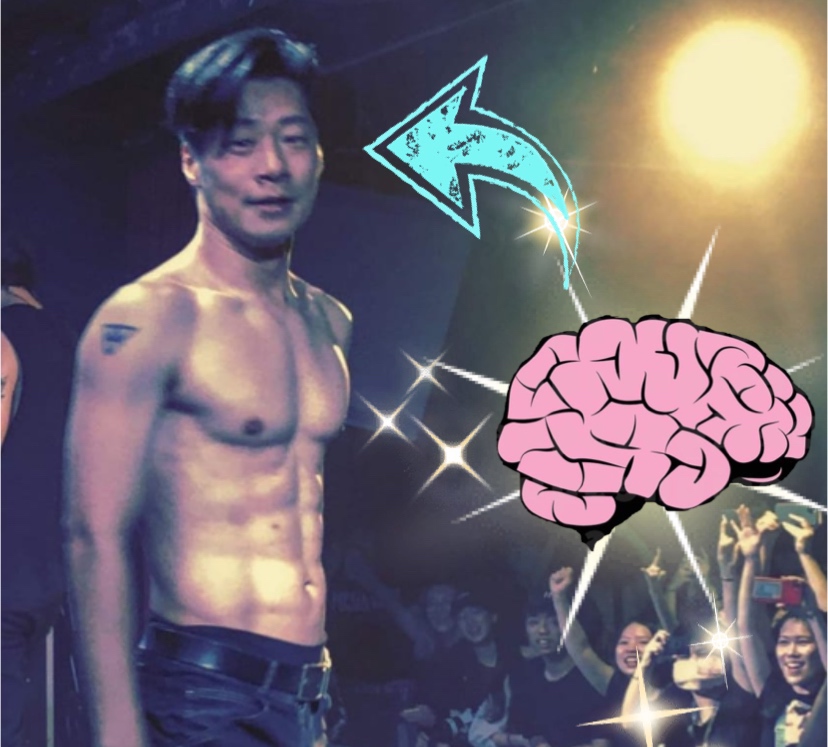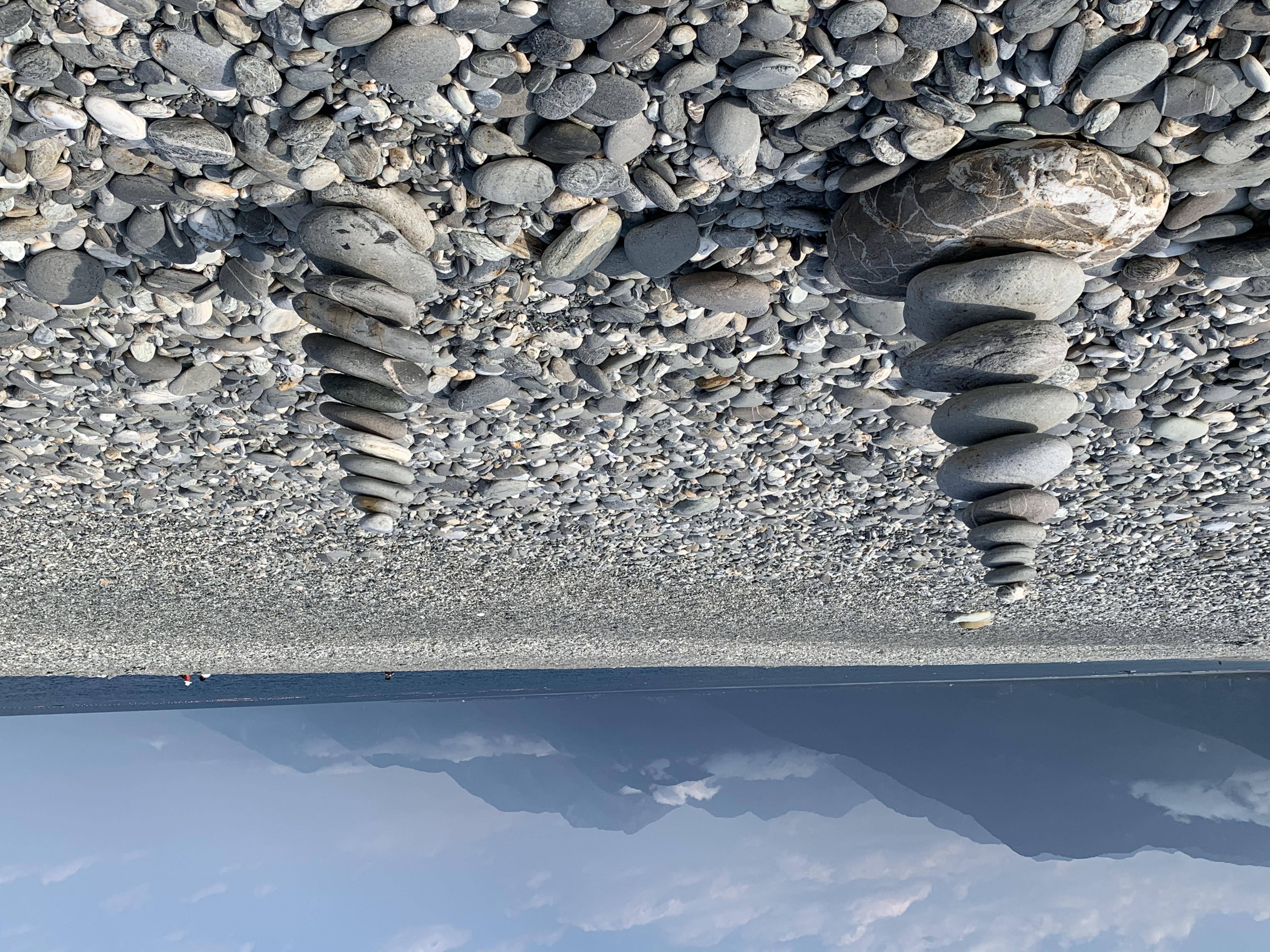A few days ago, White House coordinator for Indo-Pacific affairs Kurt Campbell was asked how much "love" (for Taiwan) was "too much love" in an extremely leading question from the Asia Policy Institute (at about the 50:00 mark).
Campbell said he was going to speak carefully about it due to the "sensitivities" involved (the sensitivities being almost entirely on the Chinese side, along with their KMT puppets), but then...didn't speak carefully. In the context of a fairly strong answer that was more of a challenge to Beijing than a rebuke to Taiwan, he dropped that the US supports a "strong unofficial relationship" with Taiwan but does "not support Taiwan independence".
The rest of this answer is worth examining and we will get to that, but first I want to note how the KMT as well as some media outlets -- both Chinese state propaganda and real journalists -- pounced on "does not support Taiwan independence". KMT chair Johnny Chiang used this as an opportunity to say that "Taiwan independence is a path that leads nowhere" and blamed "increased tensions" between Taiwan and China on the Tsai administration, rather than China.
Quoted at length because Focus Taiwan makes its material inaccessible after a few months:
Johnny Chiang (江啟臣), chairman of Taiwan's main opposition Kuomintang (KMT), said Wednesday it is not feasible for Taiwan to seek independence, as it would be a futile effort.
The Democratic Progressive Party (DPP) government should recognize that the pursuit of Taiwan independence is a "path that leads to nowhere," Chiang said in a Facebook post, citing an American official's comments on the subject earlier this week....
With regard to cross-Taiwan Strait relations, Chiang said the DPP government should try to resume dialogue with Beijing, which has suspended official contact with Taiwan since President Tsai Ing-wen (蔡英文) of the independence-leaning DPP took office in 2016.
Chiang said that because of the Tsai administration's policies, tensions have increased between Taipei and Beijing, resulting in regional instability.
This sounds like blaming sexual assault on "what she was wearing" rather than the actual perpetrator, or telling an abused spouse that they "must have done something to make him so angry". Which is not surprising, coming from a party that has still not fully atoned for brutalizing Taiwan for decades.
I know Johnny needs to show that his half-assed leadership of the KMT is in fact him using his whole ass, but these remarks are literally just a repetition of the CCP's position. If he is trying to convince anyone that the KMT is anything other than the pro-China party whose main platform seems to be forcing Chinese identity on Taiwan and doing Beijing's bidding, he's failing. In fact, I suspect his spirit has been broken for awhile.
In other words, Chinese state media and the KMT reacted to this as though "does not support independence" was another way of saying "supports unification", which of course is not the case.
I don't know what Campbell's intention was in making that remark, but my best guess is that he wanted to clarify that the US isn't intending to extend diplomatic recognition to Taiwan, while still warning China against aggression and supporting Taiwan's right not to be subjugated by China. If I'm right, he did not word it very well, but it's simply a continuation of current US policy, not a newsworthy change.
(This is not to say I agree with the policy: I would like to see full diplomatic recognition of Taiwan as Taiwan. That, however, is another issue.)
The international media jumped on it as well, with Nikkei Asia posting a mostly-reasonable article with a clickbait headline:
As the Tsai administration has not actually shown any intention of declaring de jure independence this is a warning to China, not Taiwan, but you wouldn't know that from reading this article or listening to the KMT.
Fortunately, other news outlets such as The Guardian and The Independent got it right:

However, the decontextualized pull-quote stirred up a "US doesn't support Taiwan" frenzy in Taiwan and China, making it sound like the US supports Taiwan not being independent. This is -- as with my last post -- exactly how disinformation works. A nugget of something real is blown up or twisted into something not quite right, then that is twisted into the most incendiary form possible. That very straw man doesn't need much of a spark to start a massive blaze turns into "the news" and people believe it like it's true.
But, again, think about it logically: Taiwan is already independent. Independence is not some future thing that one can support or oppose. It's the fact of what Taiwan is, right now. Does Canada need to declare independence? Argentina? Botswana? No. So why would Taiwan?
In fact, Tsai has already said it: "Taiwan is an independent country, and its name is the Republic of China." Every element of this is true: Taiwan is independent, it meets all the criteria to be a country, and as of this moment, its official name is the Republic of China.
Did China attack at that statement? No. Did the US pull their support? No -- they've strengthened it. So how could the US "not support independence"?
Given the fact that Taiwan is already a sovereign state separate from the government almost everyone recognizes as China, in the context of the rest of Campbell's comments and US policy generally, what he clearly meant is that the US does not support Taiwan declaring that fact formally (Tsai's words a year or so ago weren't a formal declaration of anything).
It was poorly worded, but at its core it was a reiteration of what US policy has been for awhile: to support Taiwan's de facto independence while cautioning it against declaring de jure independence. And the DPP seems to be in agreement that this need not happen for Taiwan to, well, simply be independent which it already is.
So why is this news? It's not on the DPP's agenda, but the CCP and KMT are making it sound like it is.
The Taiwan Ministry of Foreign Affairs reiterated this following Campbell's remarks and the 么八吵 screeching that ensued from the KMT and CCP:
“ROC Taiwan is a sovereign nation, not part of the PRC; that is a fact as well as the ‘status quo,’” she said.The government has been cautiously handling cross-strait relations based on a steady and practical attitude, while defending its liberal democracy and striving for more opportunities to participate in international affairs, Ou said.
Basically, it's a big fat nothingburger.
Soon after, the US clarified its stance, reaffirming that it emphasizes peace in the Taiwan Strait, and that the warning is to China.
The U.S. State Department on Wednesday reiterated that the use of force by any party to change the status quo across the Taiwan Strait will be a "profound mistake."In a news briefing, Ned Price, the State Department spokesman, cited U.S. Secretary of State Antony Blinken as saying: "It would be a profound mistake by any party to try and remake that status quo with the use of force."He did not mention China, but the statement was seen as a veiled message aimed at Beijing. China has said it wants peaceful reunification, but it has not renounced the use of force to reunify, and has threatened to crush attempts to achieve formal independence for Taiwan or interference by foreign countries.Price's remarks were made after Kurt Campbell, the U.S. White House coordinator for the Indo-Pacific, said earlier this week that any Chinese move against Taiwan will be catastrophic and the Biden administration is sending a clear message of deterrence against China's aggression.
How could it be anything other than a warning to China, not Taiwan? Taiwan does want peace. It wants to peacefully exist as the country it already is, and it would even be preferable, if possible, to have good relations with China on a nation-to-nation basis. That is, for China to stop threatening war and respect Taiwan. The Tsai administration has been clear on this since the beginning.
So when Johnny "But I'm using my whole ass!" Chiang tries to re-frame it as some sort of warning to the DPP, he's showing the KMT's true colors: marionettes that dance to the CCP's tune. In fact, the Global Times even praised Chiang's response (yes, I linked it, but you don't need to click).
This has been the Tsai administration's strategy for awhile: ensuring Taiwan's current sovereignty and dignity as it governs itself apart from China, and ignoring the manufactured problem of whether Taiwan needs a formal declaration of what is already the case. Fundamentally, this is a pro-independence strategy.
US support for Taiwan is not dangerous. Taiwan's continued independence is not dangerous. You know what is dangerous?
Assuming that every Taiwan independence supporter believes a "declaration" of independence is necessary, and absent it, one must not "support independence". That makes "independence" sound like some sort of extreme position that could "start a war" (it won't be -- China will be the one to start the war), rather than a simple recognition of what is true, and the mainstream consensus in Taiwan: that Taiwanese people identify as Taiwanese, not Chinese, and that they want to keep the sovereignty that they already have.
In fact, asserting this -- independence for Taiwan must mean a provocative formal declaration -- amounts to taking one's cues from CCP propaganda. It serves to sideline, not support, independence.
It's not just KMTers and Chinese state media that do this. Older DPPers buy into it as well, which sets a bad precedent (and also implies, at least to me, that Chen-era heavyweights and New Tide faction members should not and cannot be the party's future).
From those zealous archivers, Focus Taiwan:
Taiwan has to face the reality that the decision on whether to officially declare independence cannot be made by Taiwanese alone given the possible reaction of China and United States opposition, ruling Democratic Progressive Party (DPP) heavyweight Chiou I-jen (邱義仁) said Sunday....
However, Chou also said the ultimate policy goal for the DPP is to push for Taiwan independence and the goal is clearly stated in the party charter....
Nevertheless, Chiou stressed that "now is not an appropriate time" to declare Taiwan independence.
Again, Taiwanese independence exists now. It does not need to be declared. Nobody with any real power is considering a formal declaration; in fact, nobody in power seems to think it is necessary (which, again, it is not).
So it does not matter if "now is an appropriate time". Nobody who really matters was discussing whether it was. Why is Chiou helping the KMT and CCP in building this absolutely massive straw man, implying Tsai is considering moves that she clearly isn't, and that the US doesn't support these non-existent moves?
Of course, Taiwan not only needs to maintain its current independence from China. It also needs to shed the ROC colonial structure that binds it, which can be considered another form of "independence". Someday, when it is more possible to do so, Taiwan would do well to shed ROC identity, amend the constitution and change the name and flag of the country. That time need not be now.
However, when people think of "Taiwanese independence", most don't think of freedom from the ROC. They think of separate governance from the PRC. When those who aren't well-versed in Taiwanese affairs hear that the US is "against" independence, or it is implied that independence must somehow be declared, as though Taiwan is already under some sort of PRC governance and "independence" would change that, it's easy to classify Taiwan as somehow "separatist" -- a word with a mostly negative connotation in the international media -- when that is simply not the case.
So please, let's all just stop. Let's stop pretending independence from the PRC is not a reality. Let's stop pretending that independence requires a formal declaration. Let's stop pretending it is an extreme or fringe viewpoint. The current status quo is Taiwan's sovereignty from the PRC, period. It is pretty mainstream. It's only sensitive because China makes it sensitive. It's not scary, or dangerous.
Treating it any other way is playing the CCP's game, confusing the world about whether Taiwan is a part of their China or not (it's not).
Let's also stop confusing the issues of independence from the PRC (already a fact) with shedding the ROC colonial structure (yet to be achieved, but not the same as "independence" as it is most practically defined.)
And let's stop pretending even peaceful unification with China is possible under any circumstances. It is not.
It creates inflammatory media cycles that never needed to happen, and only confuse international readers more.
To put it another way: Taiwan independence won't cause tensions to magically be enrisen-ified. Taiwan is already independent.
Deal with it.








